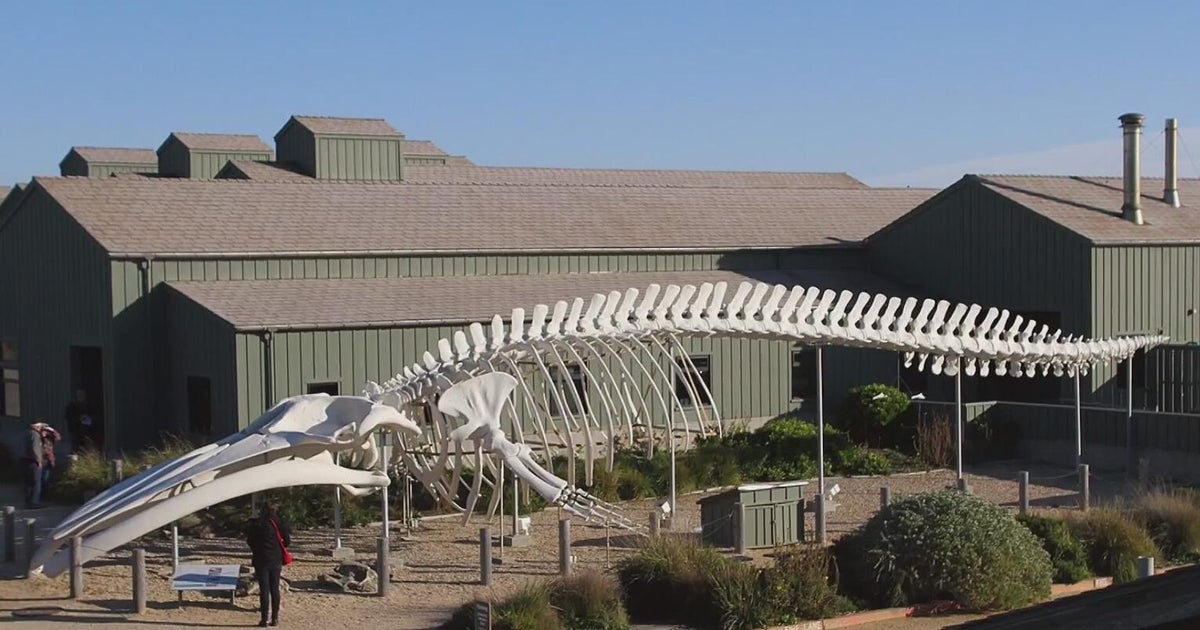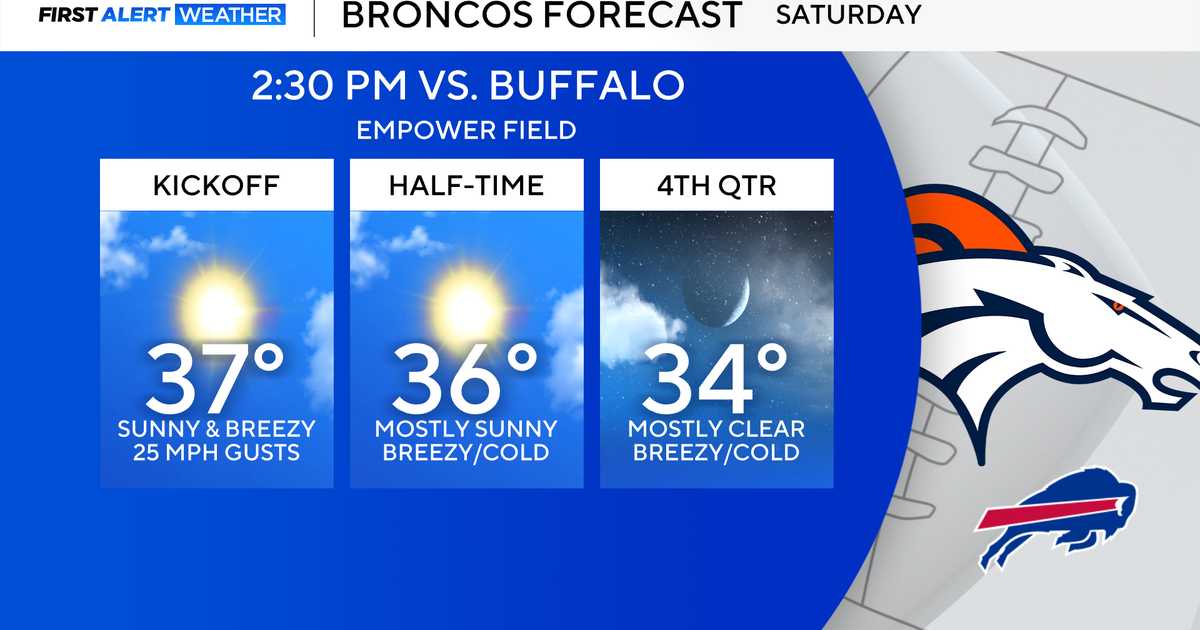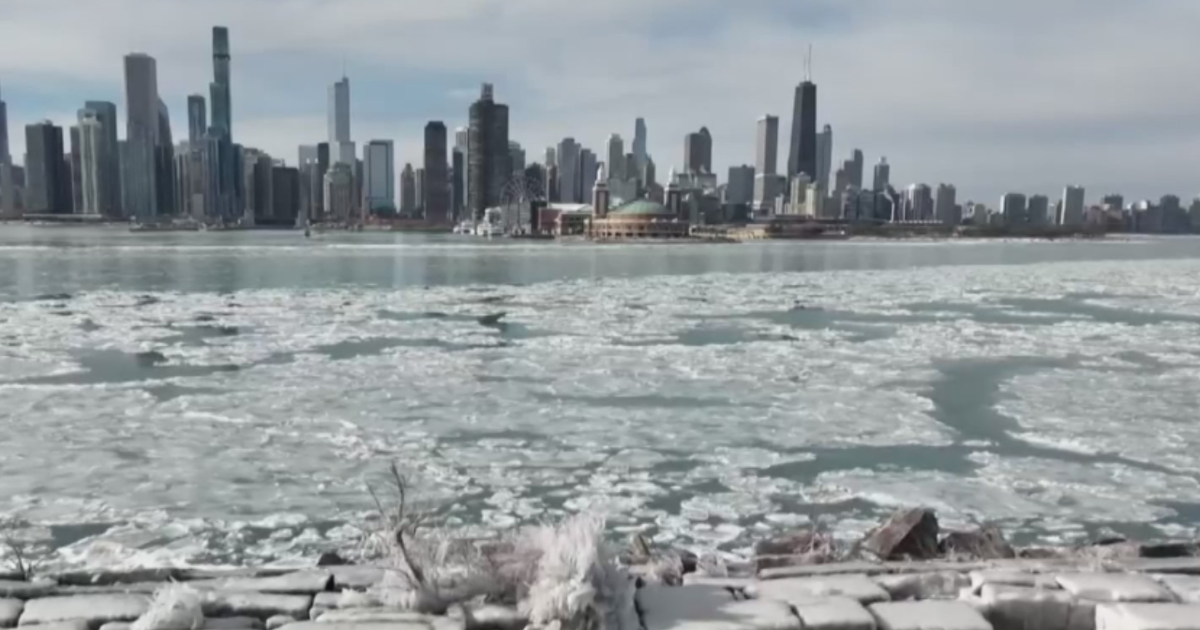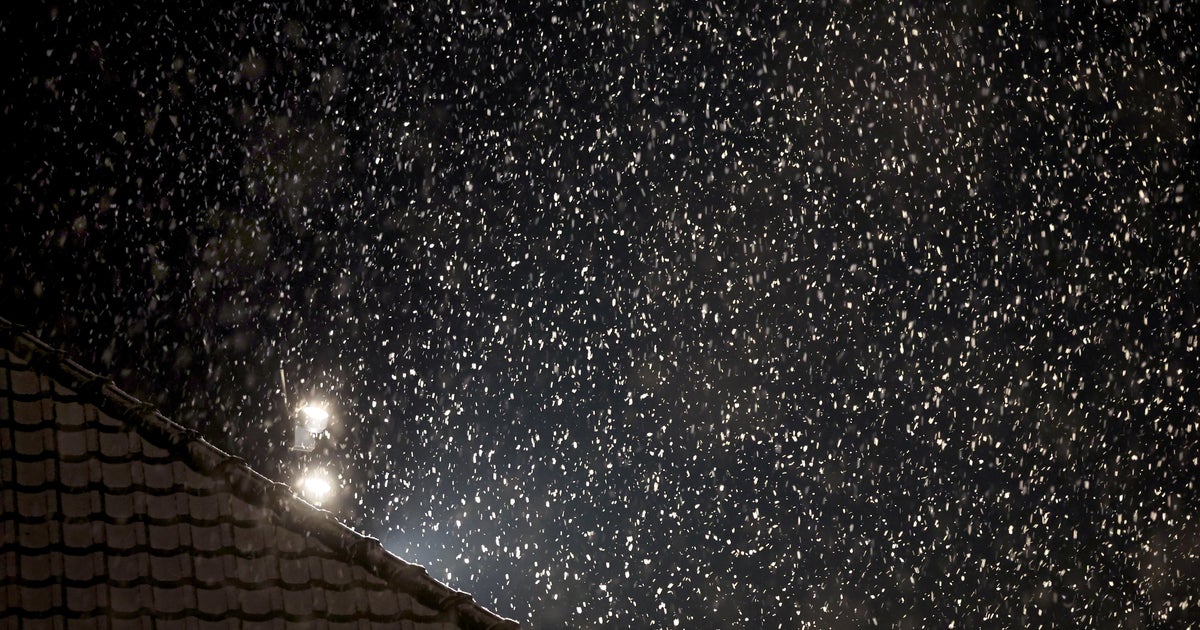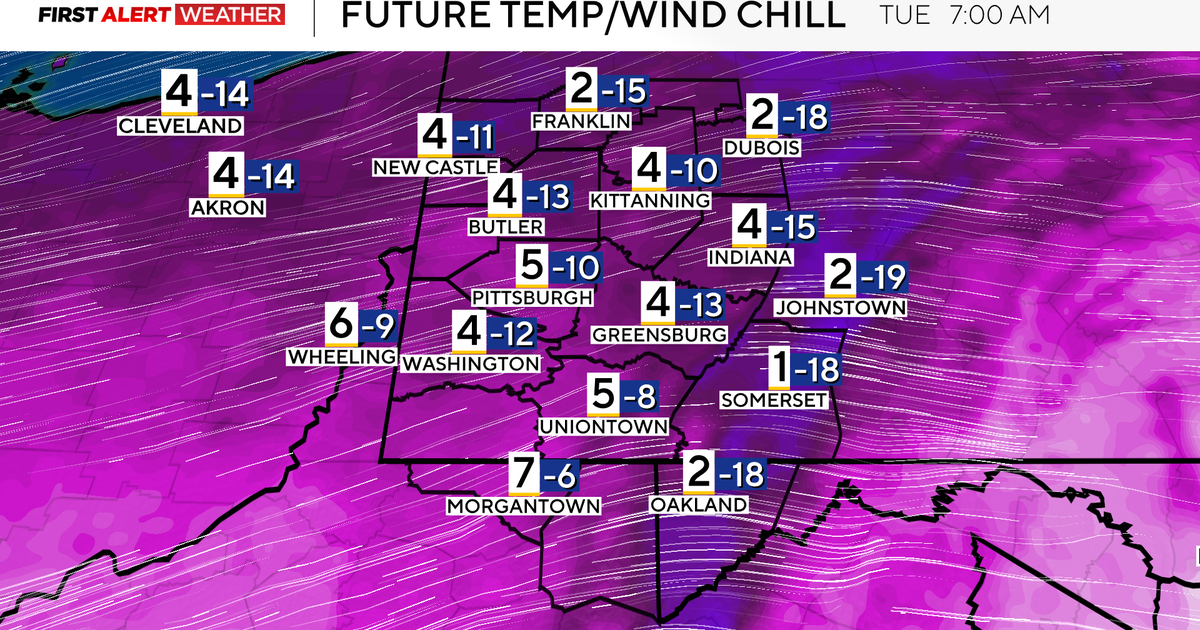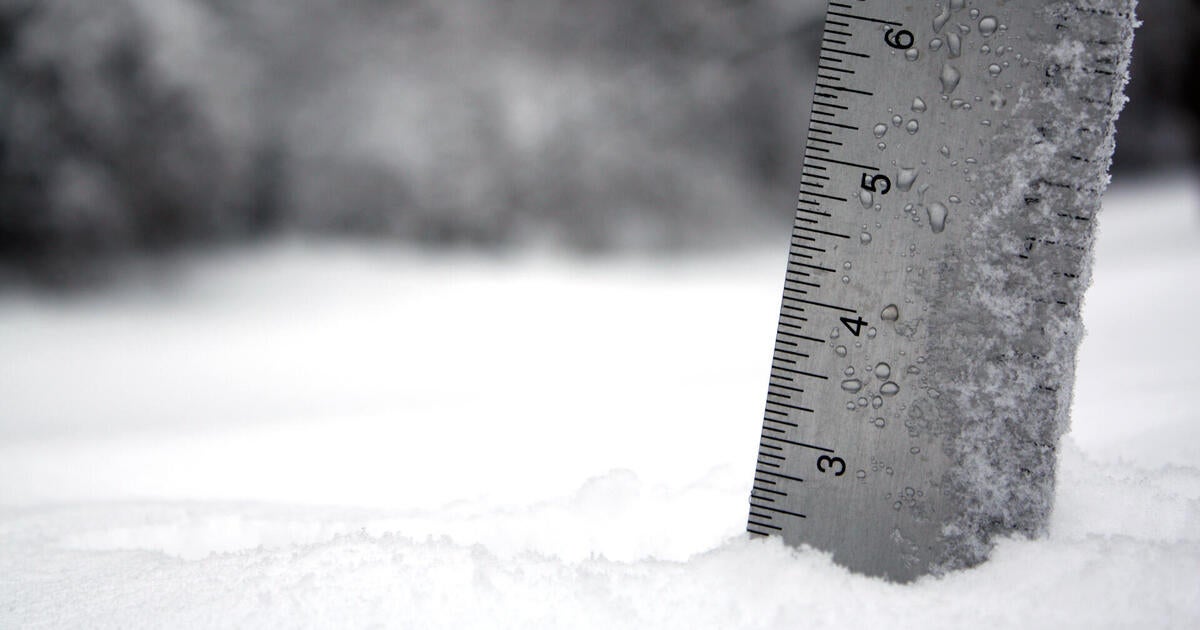Centuries-old whaling logbooks are being used to fuel new climate and weather science
NEW BEDFORD - Scientists are taking weather data logged in centuries-old whaling logbooks and using it to help create new climate models to see shifting weather patterns.
Though whaling is largely forbidden today, back in the industrial revolution the oil obtained from whales was a critical resource. Scores of whalers set sea from New Bedford with dreams of catching the big one.
Now, hundreds of years later, historians and climate scientists are studying their journeys and have discovered a whale of a find.
"Every vessel, and it's not just whalers, it's pretty much any vessel that's a sea-going vessel, they keep a daily logbook," said University of Massachusetts Dartmouth Historian Timothy Walker.
Call it a diary, a legal document, the books tracked the wild adventures whalers encountered over the months to years at sea.
"It was the one document that they would try to save if ever the ship ran into a problem," said Walker. "They are recording any important incidents that happened on board. They are recording when they catch a whale… Multiple times a day, they are recording the weather," Walker explains.
Between the ink and drawings, priceless data was observed.
"They go everywhere in the world's oceans and they are gathering weather data, that you can't get anywhere else and that is scientific gold data," Walker says.
The New Bedford Whaling Museum houses the world's largest collection of logbooks with over 2,500 dating back to 1668, and researchers have found there are some challenges in analyzing the data.
"This is not machine-readable information," said Walker. "It's all handwritten, computers can't analyze this."
Researchers have combed through over 120 logbooks so far, gathering key information like latitude, longitude and wind data. But the technology wasn't what it is today. Wind direction was calculated by compass and wind speed was estimated by sailors' visual observations.
"The words that they used, had a definite meaning… so that allows us to make an accordance with first the Beaufort wind scale, which is something that exists in the 19th century," said Walker.
However, the scale, which can be converted to give a quantitative measurement in the research project, has a potential bias.
"The words that they used had a definite meaning," said Walker. "The Beaufort wind scale goes very high. Force 12 is a hurricane essentially and we don't have a lot of recordings of that."
"A significant portion of whalers never made it back to port and those are the ones that probably some of them recorded the most hairy weather conditions," Walker continued.
For the ones that did return, their weather reports are being implemented into modern-day climate computer models.
"So one of the questions we have is how does the wind system we see today compare to the whalers' time 200 years ago?" said Caroline Ummenhofer, an oceanographer and scientist at Woods Hole Oceanographic Institution who specializes in wind patterns over the Indian and Southern Ocean.
The area has limited historical weather data but is a popular destination for whalers to travel.
"It has this really strong belt of westerly winds, that go all the way around Antarctica, and they were known as the roaring forties because they are located near 40 degrees south," explained Ummenhofer.
Whalers used that to pass through the tip of South Africa and move quickly to the Pacific Ocean.
"And what we've see is actually that there has been a southward shift, and the whalers that were recording it really as the roaring forties… the strongest winds are now in the fifties so it should probably be more the furious fifties," said Ummenhofer.
This change has impacted parts of the world that depend on those westerly winds to transport rain to the area.
"Leaving southern Australia and southern Africa high and dry," explained Ummenhofer.
Despite being a noticeable change, researchers still have thousands of weather reports to uncover in more logbooks that could give more clues to our climate future across the globe and right here in New England.
"We're really keenly aware of what's going on with the climate today and issues with climate change and in order to understand better what is happening to our climate in the present… it's very very important to have these long datasets, a long arch of understanding of the weather going back hundreds of years," Walker says.
It's unique that historians and climate scientists unite on a project, but this one has the interests of both and with additional funding expected to continue at least a few years with hopes to expand in the future to European Navel logbooks that date back even farther in time.
Note: Some Video footage and animation courtesy of the Nantucket Historical Association. Animated map coordinates sourced from the Joseph E. Ray Whaling Journal, Edward Cary (1854–1858), NHA Ships' Log Collection, MS220 Log 73. Whale Hunt Footage from Elmer Clifton's Down to the Sea in Ships (1922). Some Video courtesy of Woods Hole Oceanographic Institution.


